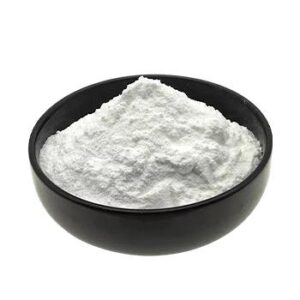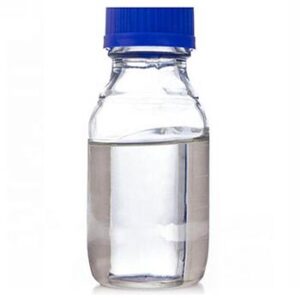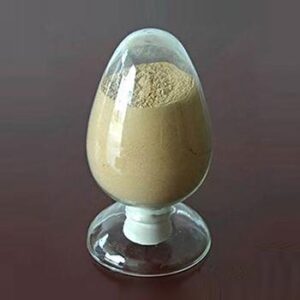Fipronil Uses
Fipronil is a broad-spectrum pesticide known for effectively controlling a variety of insects. It works by binding to γ-aminobutyric acid receptors on the central nervous system of pests, blocking the chloride ion channels. This interference disrupts normal neural function, leading to the insect’s death. Fipronil acts mainly through ingestion and contact, with some systemic effects.
Target Pests and Effectiveness
Fipronil, a fluoropyrazole-based insecticide, shows high activity against insects from different orders such as Hemiptera, Thysanoptera, Coleoptera, and Lepidoptera. It remains effective even against pests resistant to pyrethroid and carbamate insecticides. Fipronil can be used in various crops, including rice, cotton, vegetables, and soybeans. It controls pests like moths, caterpillars, beetles, aphids, and nematodes.
Agricultural Applications
Farmers commonly use Fipronil to protect crops like tobacco, potatoes, and fruit trees. It helps manage insects such as cabbage armyworms, fruit tree mosquitoes, and root worms. Fipronil’s effectiveness makes it a valuable tool in pest management for public health and animal husbandry, as well as forestry.
Veterinary Use
Fipronil is widely used for controlling fleas, ticks, and other parasites on dogs and cats. It acts through ingestion and contact poisoning, being 100 times more effective than organophosphates and carbamates. Fipronil also works against pyrethroid- and carbamate-resistant pests. The residual effect lasts from 2 to 6 weeks, making it a strong option for long-term pest control.








Reviews
There are no reviews yet.